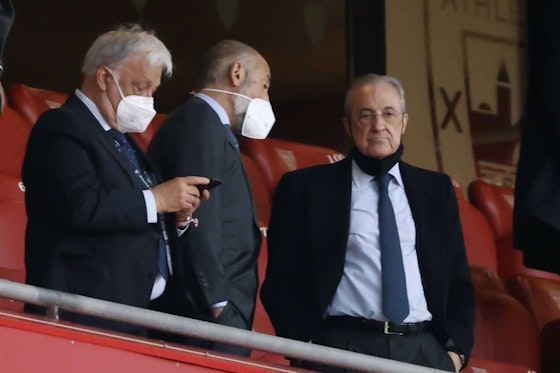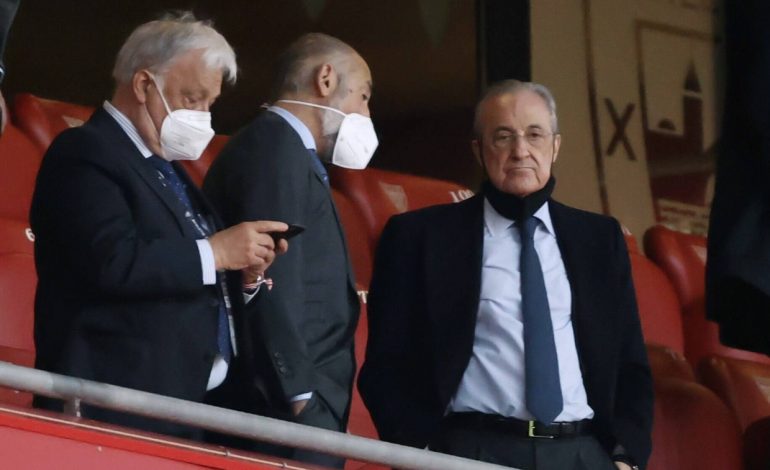
Barcelona, Real Madrid and Juventus have announced their intention to carry on with the European Super League after a Madrid court protected them against UEFA disciplinary proceedings relating to the failed project launch in April of this year.
The Mercantile Court in the Spanish capital threw out UEFA’s appeal against its ruling earlier this month that stated disciplinary proceedings concerned with the founding 12 Super League clubs must be scrapped.
The two Spanish clubs and the Serie A giants welcomed the decision and condemned European football’s governing body for its “monopolistic position” over its governance of the game in a joint statement. The case will be assessed by the European Court of Justice in Luxembourg.
“FC Barcelona, Juventus, and Real Madrid CF welcome today’s court’s decision enforcing, with immediate effect, UEFA’s obligation to unwind the actions taken against all European Super League founding clubs, including terminating the disciplinary proceedings against the undersigning three clubs and removing the penalties and restrictions imposed on the remaining nine founding clubs for them to avoid UEFA’s disciplinary action.
“The court backs the request made by the promoters of the European Super League, dismisses UEFA’s appeal, and confirms its warning to UEFA that failure to comply with its ruling shall result in fines and potential criminal liability.
“Our aim is to keep developing the Super League project in a constructive and cooperative manner, always counting on all football stakeholders: fans, players, coaches, clubs, leagues, and national and international associations.
“We are aware that there are elements of our proposal that should be reviewed and, of course, can be improved through dialogue and consensus. We remain confident in the success of a project that will be always compliant with European Union laws.”
The ESL argued that it would boost revenue for top clubs and allow them to distribute more money to the rest of the game. However, the sport’s governing bodies, other clubs and fan organisations countered that it would increase the power and wealth of the elite clubs and the partially-closed structure of the league went against European football’s long-standing model.





